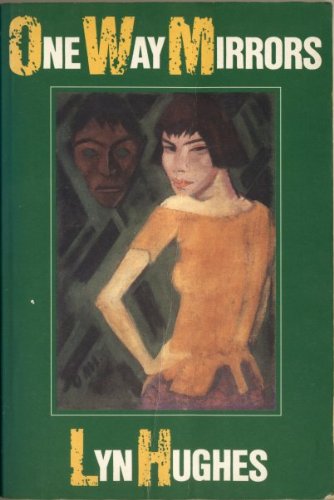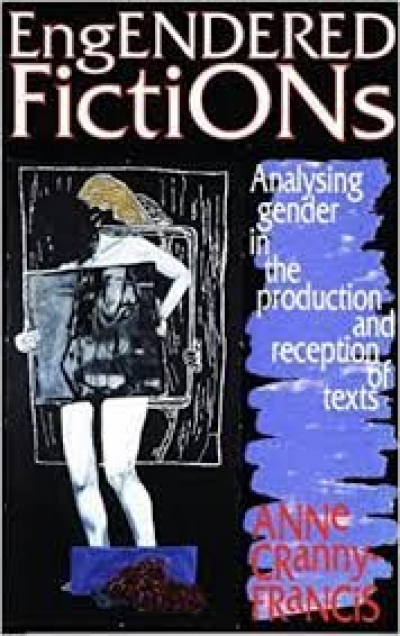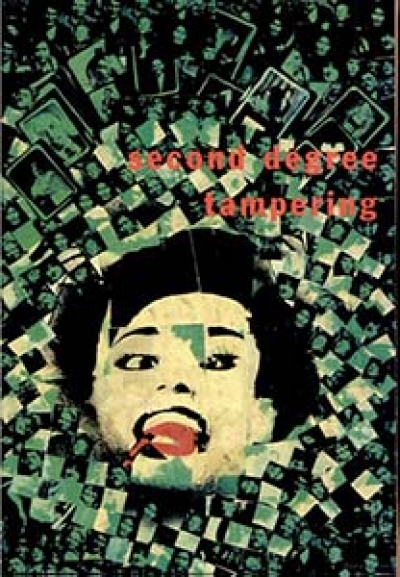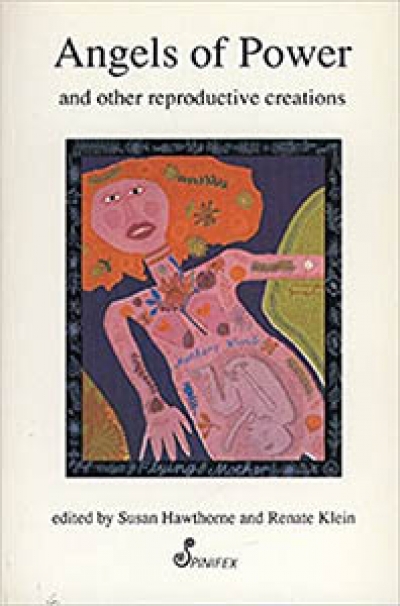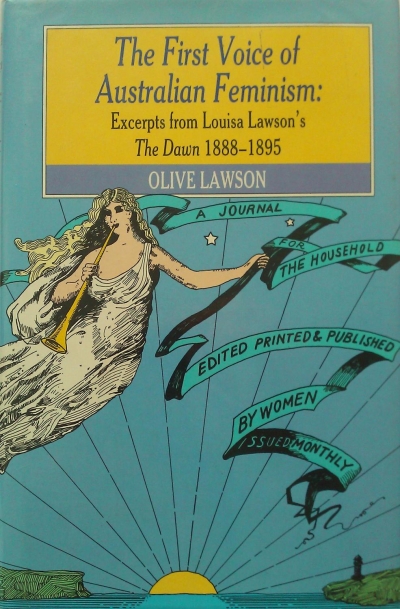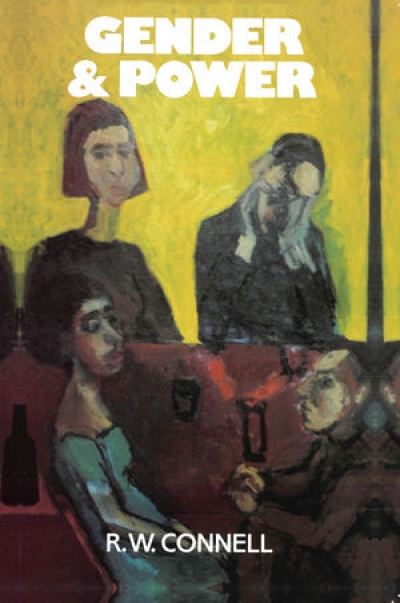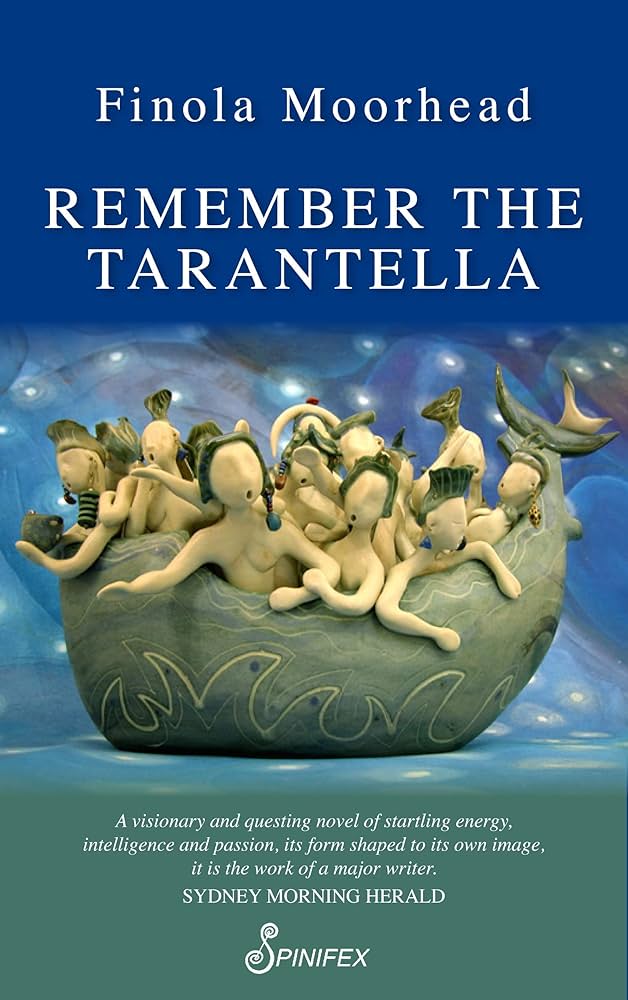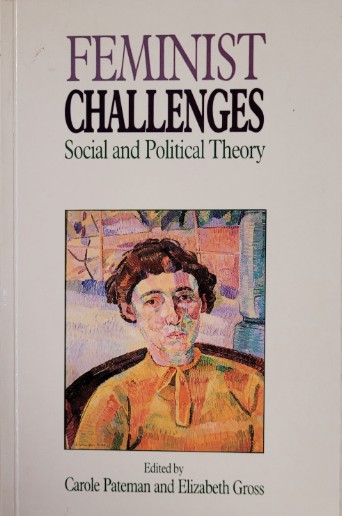Feminism
Lyn Hughes’s One Way Mirrors begins with a white horse impaled on headlights. It’s autumn, ‘the stars look cold and pinched’. You know it’s going to end badly and it does, mostly.
... (read more)Engendered Fictions: Analysing gender in the production and reception of texts by Anne Cranny-Francis
An ancient grammarian who had pondered Horace’s remarks on whether a good poem is the product of natural aptitude (ingenium) or acquired skills (studium) opted for ingenium and produced what was to become a much-quoted aphorism: poeta nascitur non fit, ‘a poet is born, not made’. His privileging of ‘nature’ over ‘art’ is favoured by those anxious to preserve the mystery of poetry by deriving it from an inscrutable faculty called ‘genius’. Others, eager to unscrew the inscrutable, favour the rival and demystificatory claim that poets are made, not born, which enables human interventions to overcome biological determinism.
... (read more)Here it is, nearly Christmas, and as usual, the list of Books I Have Read is running into the hundreds, and I have that end-of-year mad, fleeting illusion that also afflicts exam-fevered students … that somehow it All Adds Up.
... (read more)second degree tampering: Writing by women edited by Sybylla Feminist Press
This is a powerful and accomplished anthology. The fiction, poems, and autobiographies of thirty-seven women writers offer a collection where the individual pieces coalesce into much more than the sum of the parts.
The editors have chosen writing from a field of over 350 manuscripts, seeking that which challenges and revises dominant versions of national identity.
... (read more)Angels of Power and other Reproductive Creations edited by Susan Hawthorne & Renate Klein
In The Dialectic of Sex, published in 1970, the feminist Shulamith Firestone argued that the inequality between the sexes results from the different reproductive functions performed by women and men. In having to go through pregnancy, childbirth, and breast-feeding, women are dependent on men for support. The natural reproductive functions performed by females are not only enslaving women, they are also barbaric in themselves. ‘Pregnancy is barbaric’, Firestone argued, and women should be freed from the ‘tyranny of reproduction by every means possible’. Just as contraception had already been a liberating force for women, so would other new reproductive technologies. Firestone envisaged that ectogenesis – the growth and development of a foetus outside the womb – would be the answer for women, as long as ‘improper control’ was not exercised by men.
... (read more)The First Voice of Australian Feminism: Excerpts from Louisa Lawson’ ‘The Dawn’ 1888–1895 by Olive Lawson
Louisa Lawson’s journal, The Dawn, probably wasn’t as politically influential as we would like to think, despite reliable evidence of a substantial subscription list and a fairly far-flung readership. Its championing of major issues of the day such as Female Suffrage and Marriage and Divorce law reform was relentless, unswervingly logical, and resounding, but the momentum which would bring victory in those and other campaigns for womens’ rights did not come centrally from The Dawn. And, when Louisa was saluted as Mother of the Suffrage, it was at least as much for her personal efforts – her speeches, public appearances, debates, and formidable public example – as for her ringing editorials and ideological feature articles. Indeed, Louisa’s very first image for the journal (‘phonograph to wind out audibly the whispers, pleadings and demands of the sisterhood’) with its haunting suggestion of Aeolian Harp mixed in with the latest amplification technology, was peculiarly apt in that The Dawn was less a shaper and leader of feminine political opinion than a fearless and unequivocal announcer of it. And, in the early stages at least, it was a more or less solitary voice – which greatly enhanced its importance.
... (read more)A founding figure in the Sociology Department at Flinders and now Professor at Macquarie, Bob Connell is almost certainly the most significant figure in sociology in Australia. If sociology has traditionally been a poor relation in our older universities to both politics and anthropology, its current claims to influence owe a considerable amount to the directions in which Connell has pushed it.
For Connell, sociology has always been a discipline that can contribute directly to the political project of establishing a more humane and equitable society, and his concerns have been largely around the major dimensions of inequality along lines of class and gender (racial and national divisions have been far less of a preoccupation, although he acknowledges their significance). His work has been heavily anchored in the Australian experience, though with a larger theoretical interest; in a submission to the C.R.A.S.T.E Committee he argued for encouraging original theoretical work in Australia rather than merely Australianising the empirical content of scholarship.
... (read more)A dense, experimental, postmodern, lesbian-feminist novel, Remember The Tarantella will be referred to by future generations as a landmark in Australian literary history. The book is not without problems, but in language and form it attempts to recover and recreate women’s history and culture and by doing so, challenges notions of a singular, dominant authorial voice, plays with narrative expectation and demands at all times the active participation of its reader.
... (read more)Dorothy Johnston’s first novel Tunnel Vision told a story of the lives of women on the job in a rundown Melbourne brothel. For her second book she moves to another scene of female oppression and exploitation, the domestic home. Ruth passes up the surrealist comedy of the earlier novel in favour of a closely-observed realism, which combines social satire with human pathos by setting the life of its heroine against the social and political developments of the mid 1970s. A novel with a strong sense of time and place, it moves from the township of Port Lonsdale, drenched in the sight and sound and smell of the sea, to the urban environment of 1975 Melbourne, in ferment over the precarious social reforms of the Labor government, the fall of Saigon, and that other fall, the dismissal of the Whitlam government. That Ruth herself seems unable or unwilling to make a successful transition from nature to culture establishes her as a symbol of the female predicament which Johnston explores with such care and subtlety.
... (read more)Feminist Challenges: Social and Political Theory edited by Carole Pateman and Elizabeth Gross
Feminist Challenges: Social and Political Theory opens with a riddle:
... (read more)

